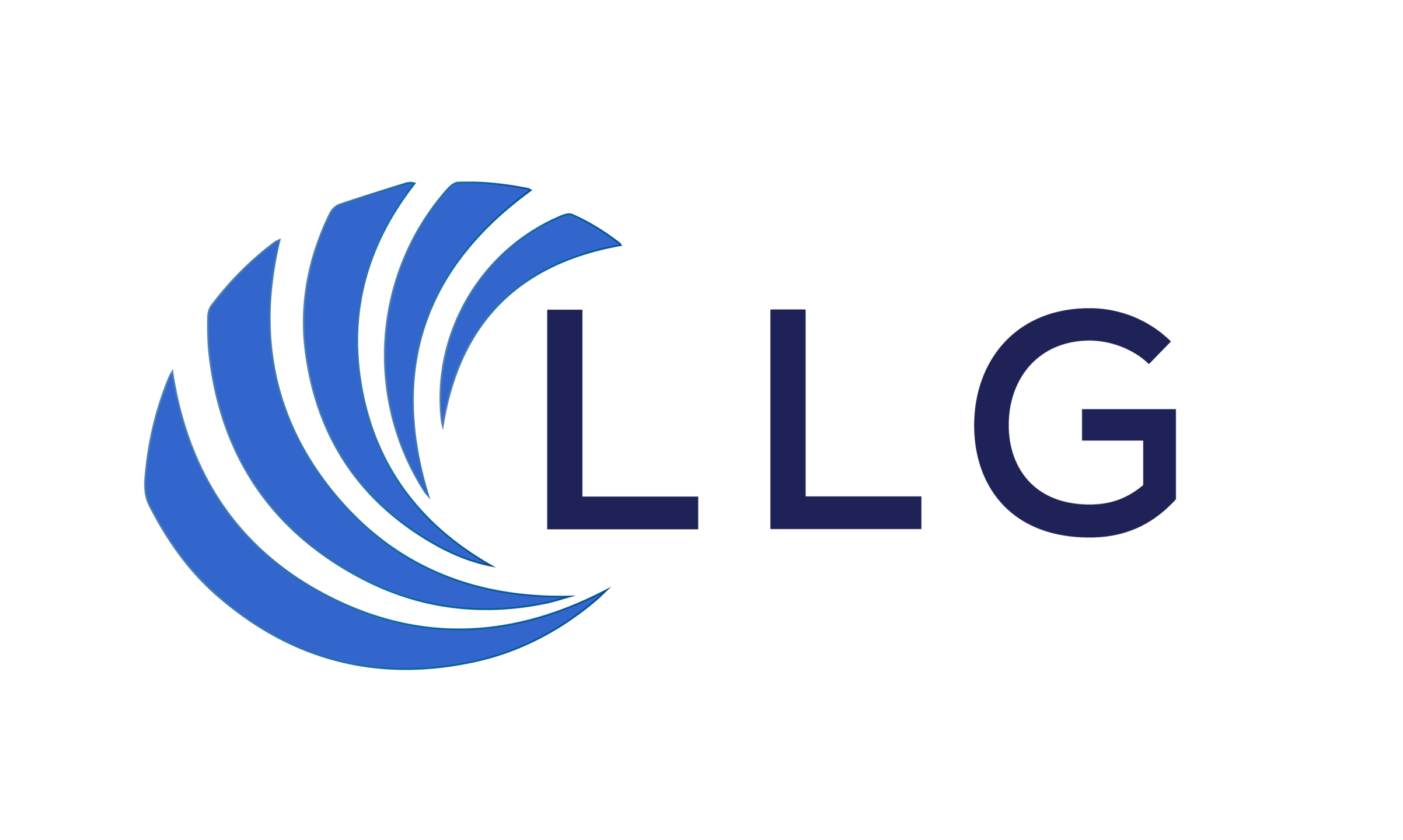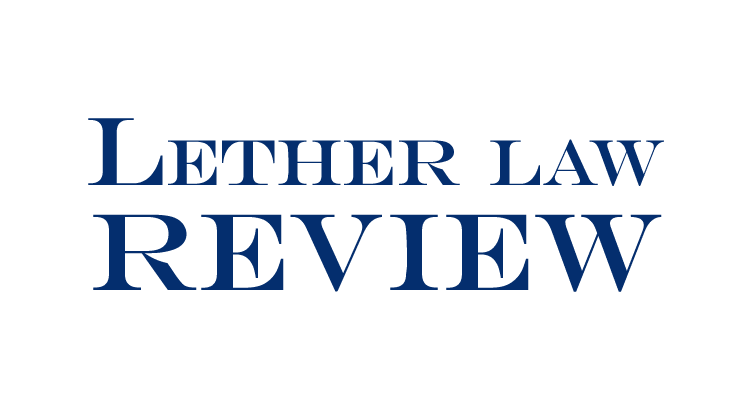As a result of the recent Lahaina wildfires occurring in Maui, Hawaiʻi, the question of what is covered under commercial property policies for business interruption claims has resurfaced.
Under most commercial policies, business interruption coverage is available to an insured whose business is closed as a result of a covered loss. Unfortunately, most policies require there to be direct physical loss or damage resulting in the closure of the business. For example, a fire destroying all or part of the business making it impossible for the business owner to operate.
During the Covid pandemic, hundreds of thousands of businesses around the world were closed due to governmental orders requiring businesses to shut down. As a result, billions of dollars arose from thousands of claims for business interruption coverage associated with these shutdowns.
Obviously, in the Covid context, businesses were shut down not necessarily as a result of direct physical damage, but rather by governmental order. As a result, coverage litigation ensued not only in the United States, but on a global basis in regard to these claims. Specifically, these Covid based lawsuits involved whether business interruption claims are viable as a result of a Covid governmental shutdown order. The vast majority of decisions worldwide found that there was no coverage for such shutdowns. Many insurance policies included business interruption coverage for closures resulting from governmental orders. Once again, however, most decisions from around the United States found that the governmental order had to be based upon a direct physical loss or damage to an adjoining property. Unfortunately, this resulted in there being no coverage. In addition, the final issue involved coverage for a partial suspension opposed to full suspension of the business. Specifically, certain commercial business policies provide coverage for a partial suspension. In other words, if the business is only partially suspended, there may be coverage available.
In regard to the Lahaina wildfires, a significant number of commercial buildings have been damaged or destroyed. In these situations, a business owner should have coverage for their business losses. Specifically, there is likely direct physical damage to the building. If the shutdown of the business is unrelated to a governmental order, the insurers will determine the amount of business interruption coverage owed based upon the income earned by the business and continuing expenses. Such claims are typically ascertainable through a review of a business’s financial records.
A more complicated issue involves how much time an insured may have to recover for business interruption. This is called the period of restoration. In other words, how long should it take for the business to be restored? In some policies, the period of restoration is defined as the shortest time necessary for a business owner to repair or relocate the business. However, there may also be a limitation as to the amount of time a business owner can collect on a business owner merchant claim. This is oftentimes limited to one or two years. In light of the very real possibility that restoration regarding the Lahaina wildfires will take more than two years, there is a significant potential for a number of business owners to find themselves in a situation where they will not have adequate business interruption coverage.
Even if the building has not been destroyed, an insured can still submit a claim for business interruption. For example, there are a number of businesses that have minor damage or that foreclosed as a result of governmental orders restricting access to the burn zone. To the extent there is any minor damage, there is still potential for coverage. By way of example, if there is smoke damage or exposure to hazardous materials, that type of damage may be sufficient to qualify as a direct physical loss or damage.
Moreover, if there is no damage whatsoever, the question will be whether the policy provides coverage for governmental shut down. Typically, in these instances the policy will say the insurer will provide coverage if there is damage to adjoining properties such that a local or state government has restricted access to the insured’s property. For example, if a neighboring building burns down and the insured’s business cannot reopen due to the business’s street being closed, there will be coverage. Accordingly, even though the insured’s building is arguably not damaged, there may still be coverage if the policy does provide coverage for the governmental order.
As a result of the above, here is what a business owner needs to know:
-
- How long will my policy pay for business interruption?
- What type of coverage do I have?
- Do I have Governmental Order type coverage?
As always, if you have any questions regarding your insurance policy or any of the information provided above, please feel free to reach out to our office. Lether Law Group proudly employs attorneys who are born and raised on the islands of Maui, Oahu, and the Big Island. We are more than happy to provide you with guidance on understanding your specific policy coverages.

